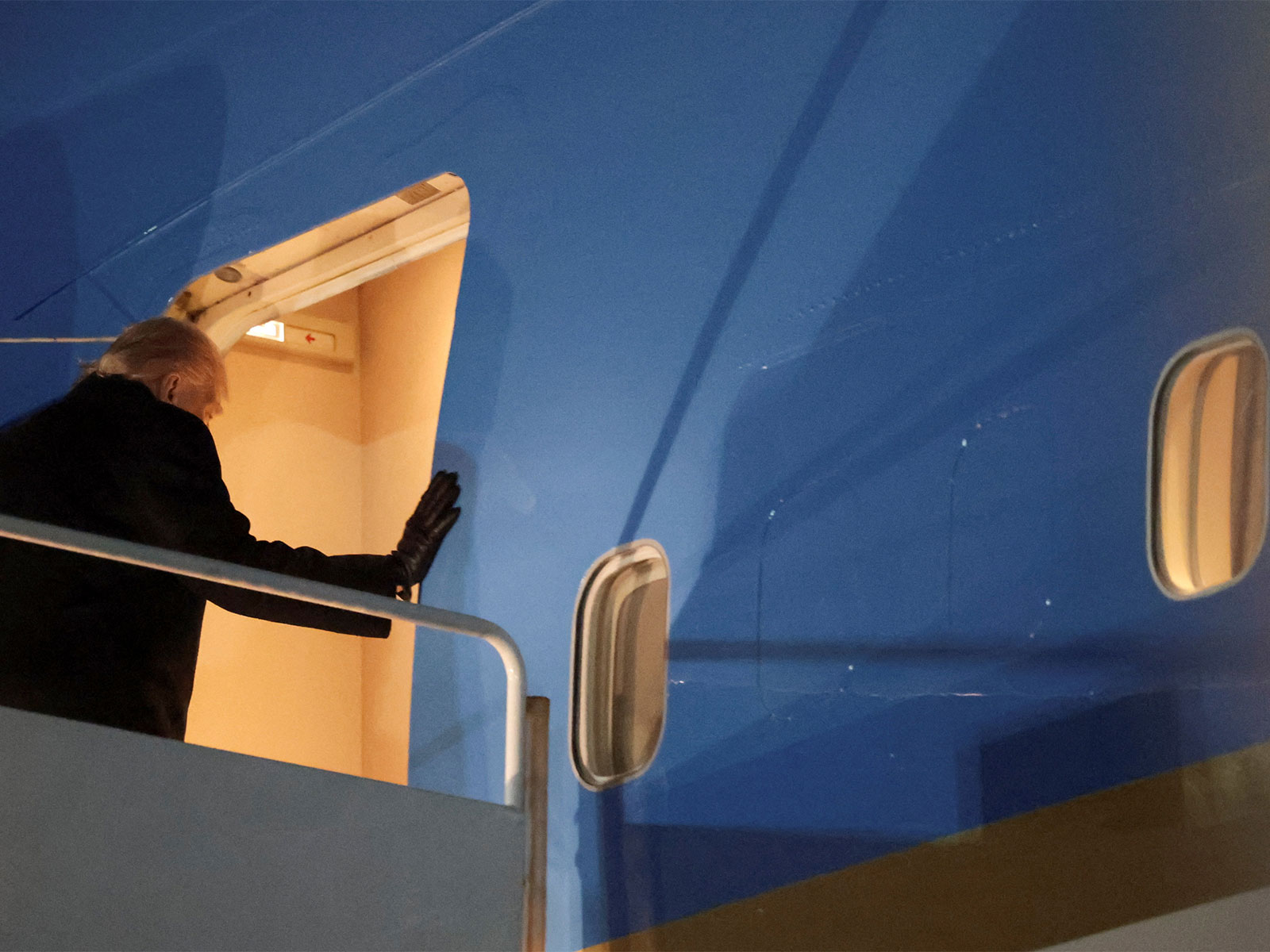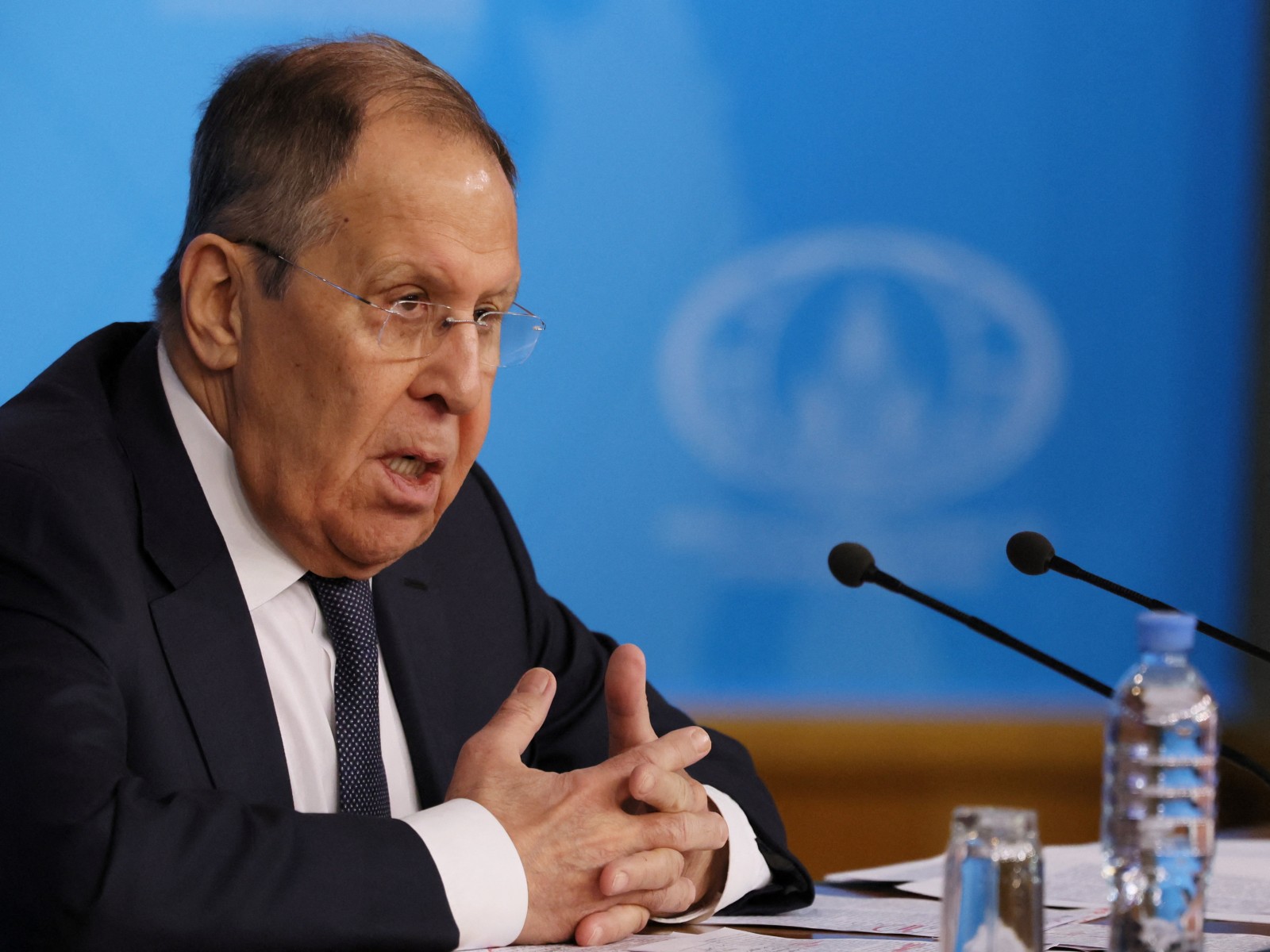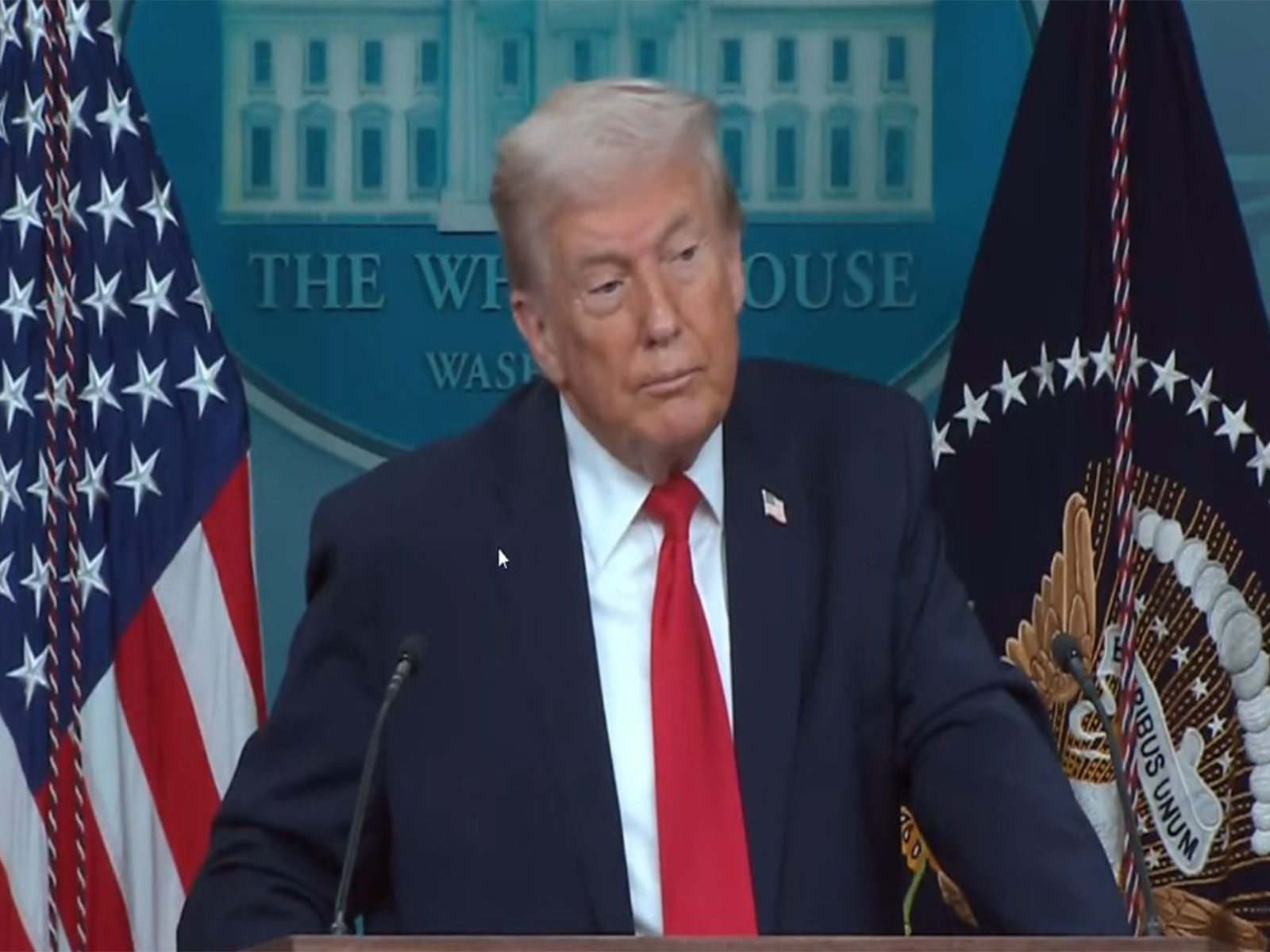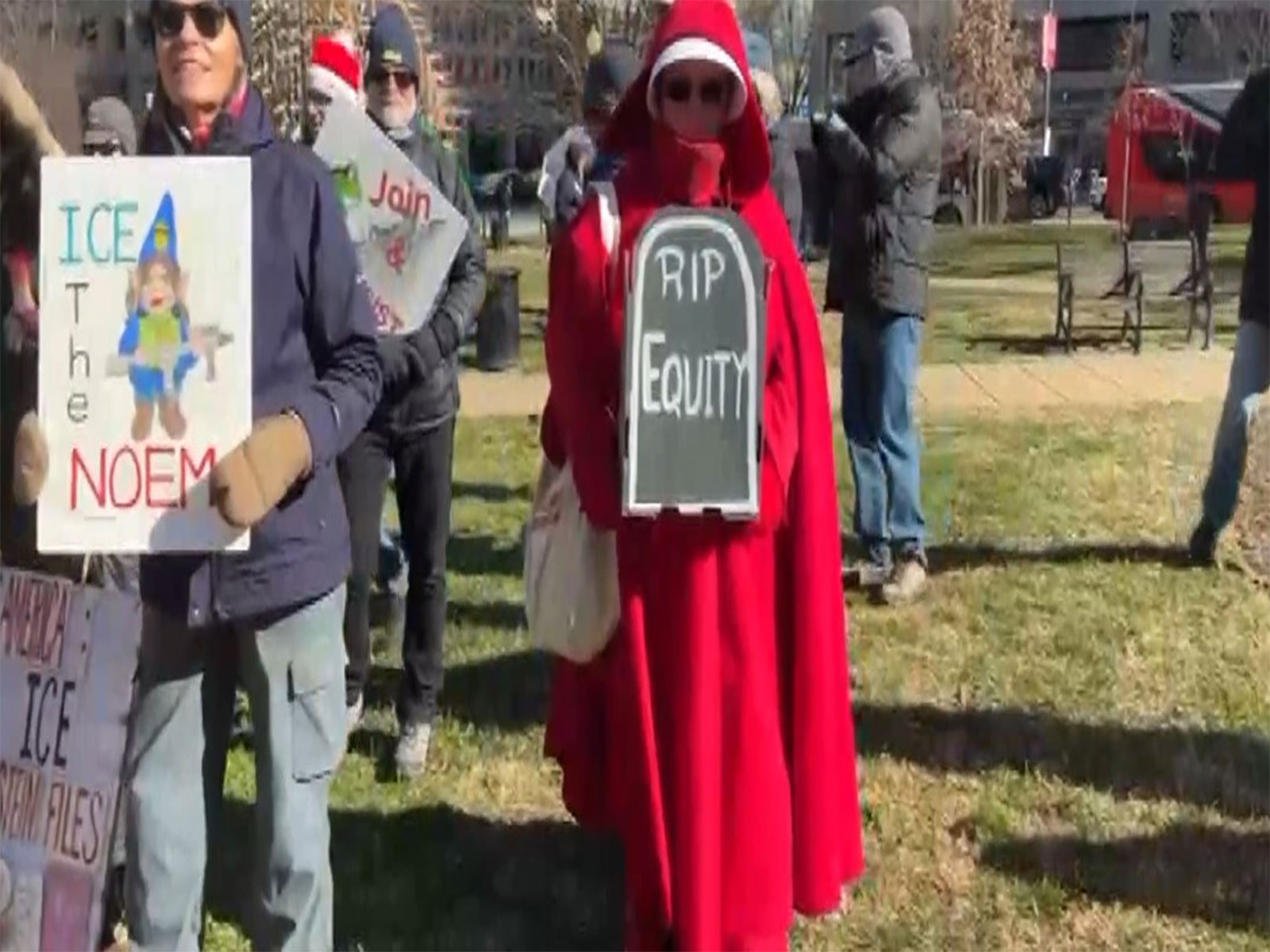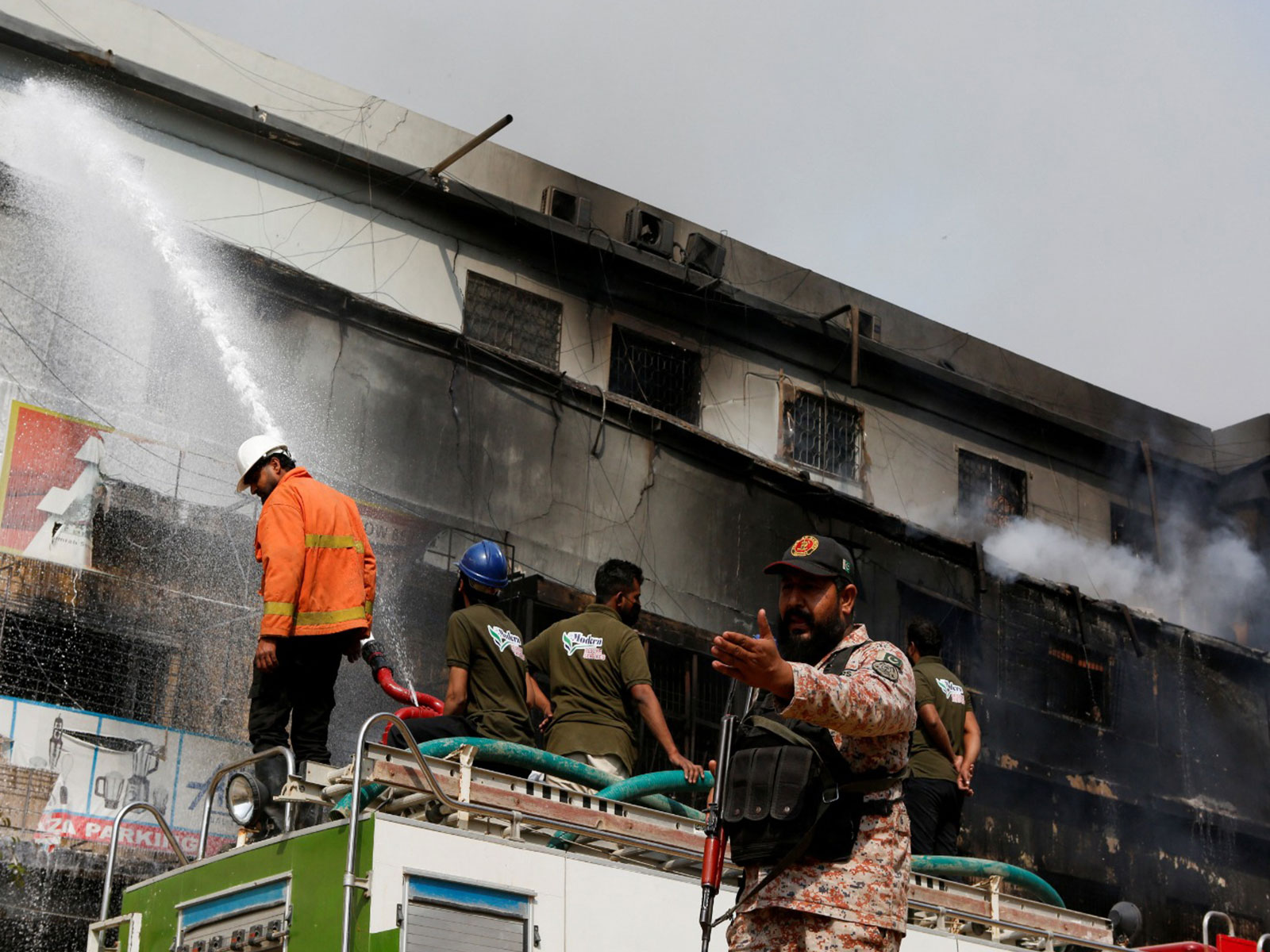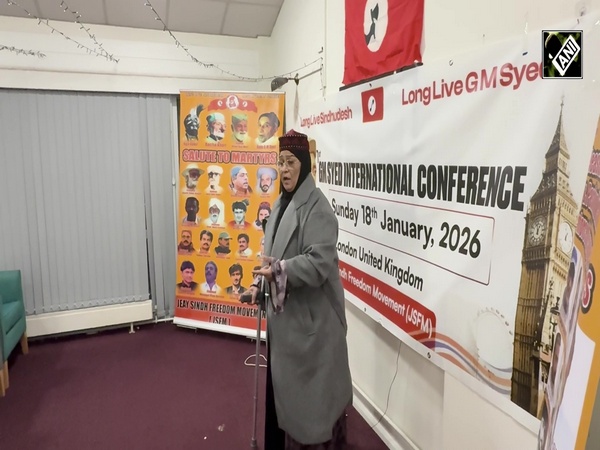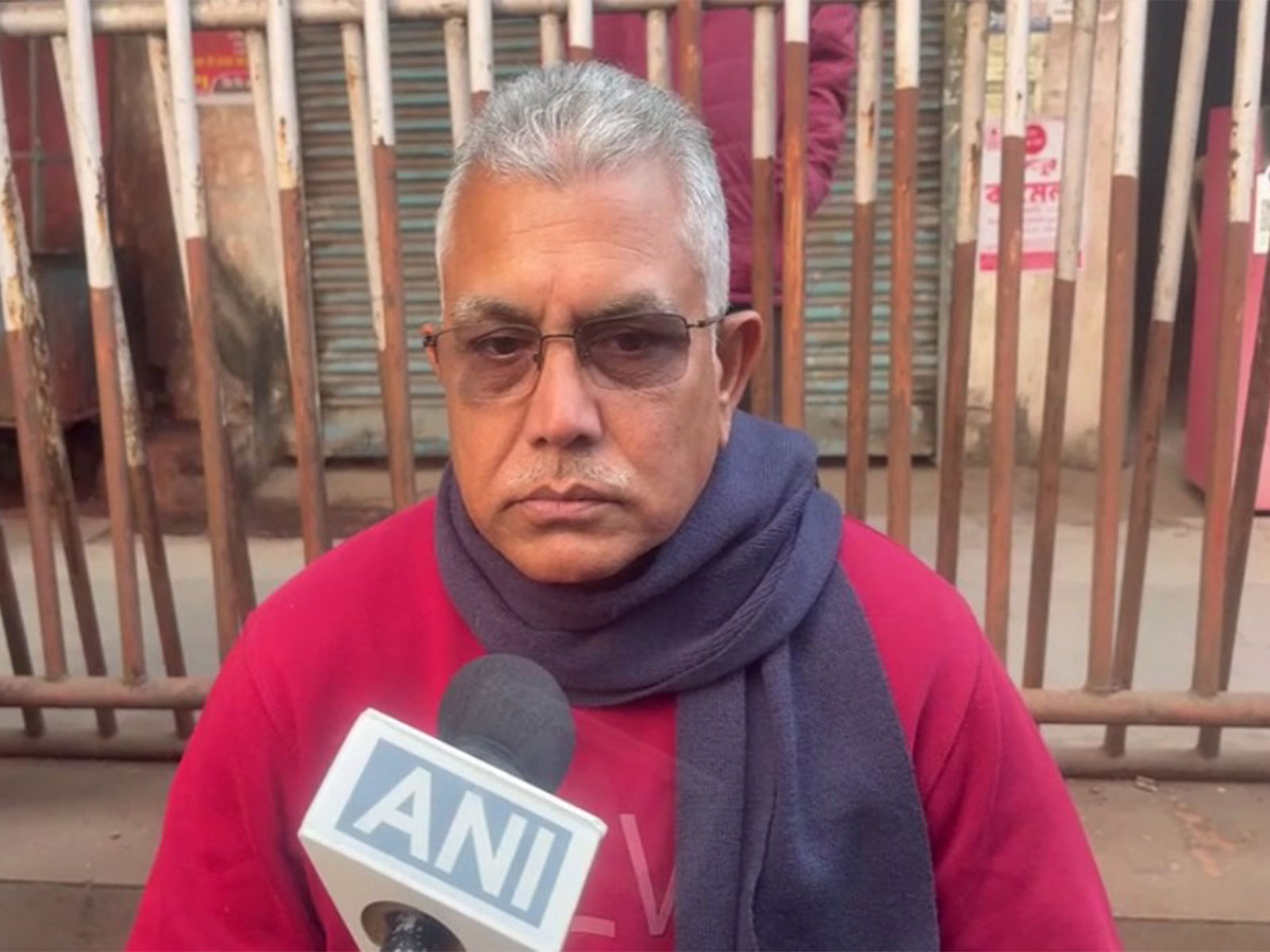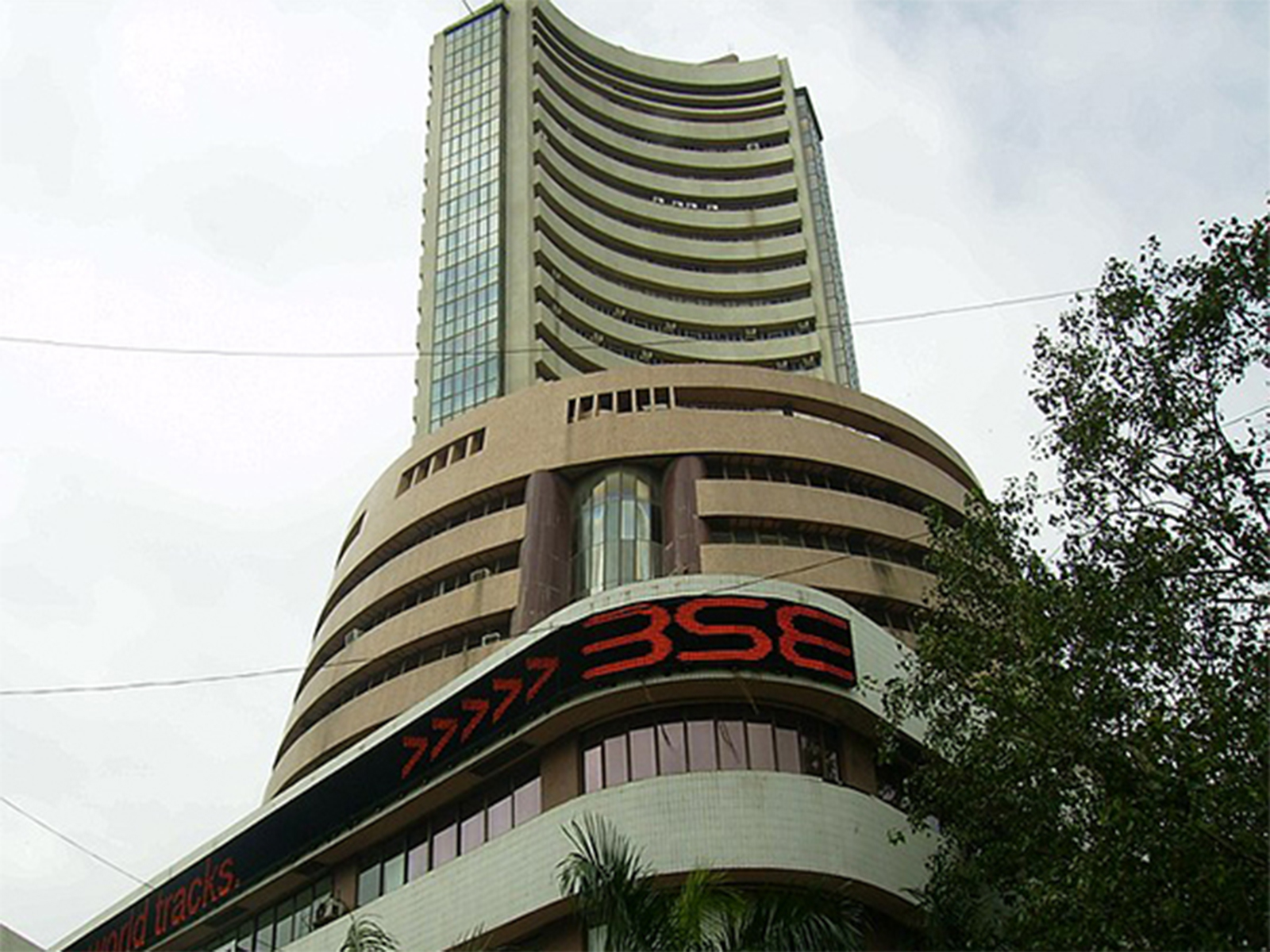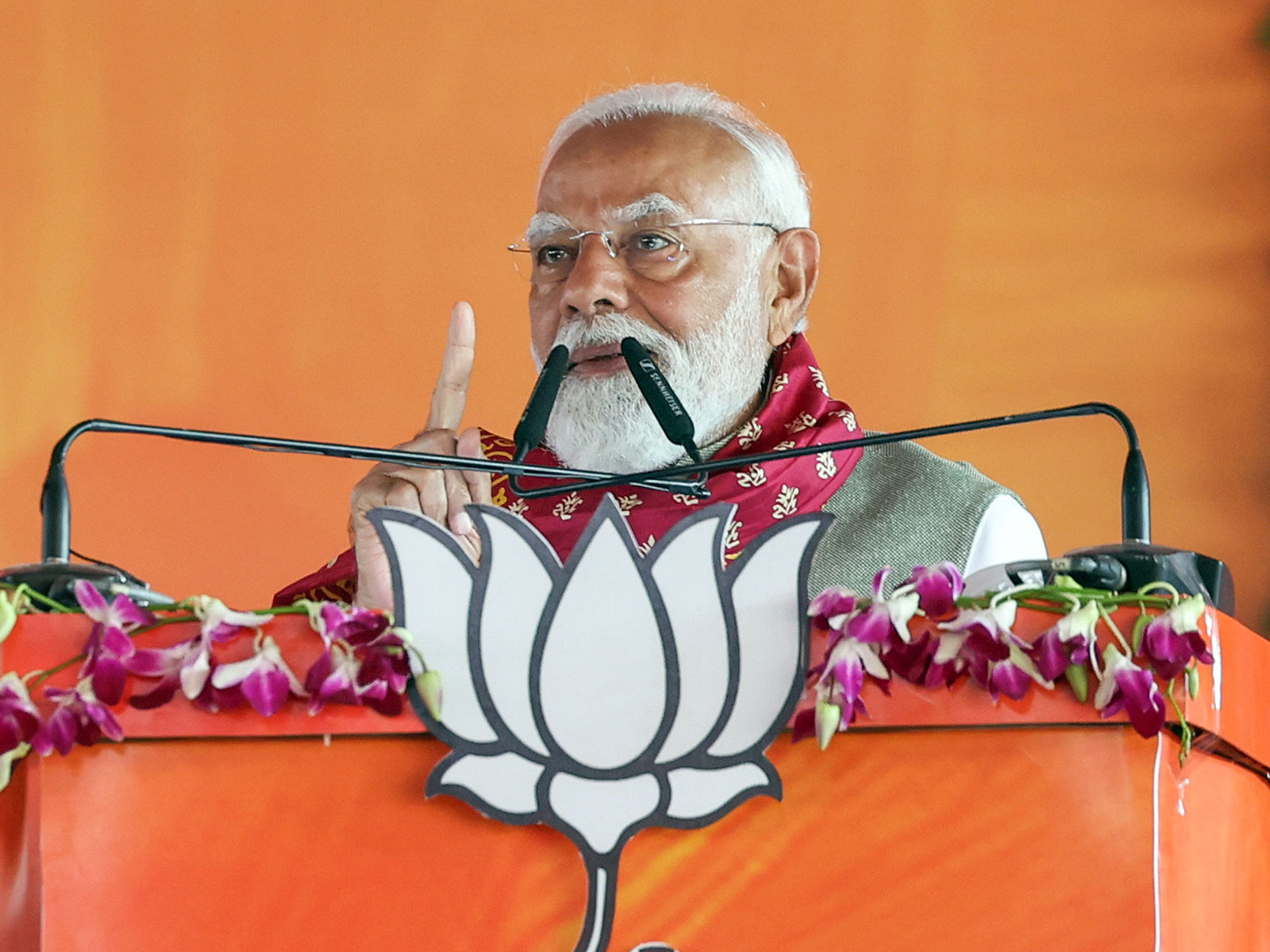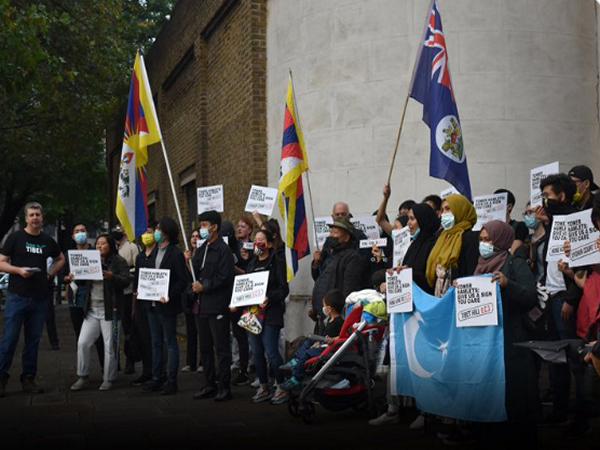
UK delays decision on China's proposed 'mega-embassy' in London over transparency, security concerns
Aug 27, 2025
London [UK], August 27 : The UK government has delayed its decision regarding China's proposed large embassy in London after Beijing refused to provide complete and unredacted architectural plans for various buildings within the project, heightening an ongoing dispute concerning transparency and security. The new deadline for the decision has been postponed from September 9 to October 21, 2025, according to reports from Phayul.
Angela Rayner, the Deputy Prime Minister and Housing Secretary, who is managing the planning application under scrutiny, asked for comprehensive internal layouts or detailed clarifications for the sections that remain unclear, particularly in the Cultural Exchange Building and the Embassy House. China responded by asserting that the extent of information already shared is adequate and follows planning norms, rejecting the UK's request.
The embassy would be situated on the Royal Mint Court site, directly across from the Tower of London, and, if approved, it would become the largest Chinese diplomatic precinct in Europe. Its substantial size and sensitive location have attracted concern from residents, human rights organisations, and lawmakers from both political parties in Britain and the United States, who contend that the unclear plans may conceal security threats. Beijing has dismissed such worries as "slander", urging the UK to quickly approve the project and referencing reciprocal developments concerning embassies in Beijing, as mentioned in the Phayul report.
Tibetan and allied groups in the UK organised a significant protest on Saturday against China's contentious plan to establish a "mega-embassy" at the former Royal Mint Court, adjacent to the Tower of London. Activists, including members of the Inter-Parliamentary Alliance on China (IPAC), argue that China's explanations are inadequate and that government ministers should reject the proposal unless full transparency is provided. The planning consultancy DP9, representing the Chinese government, has argued that the details submitted are sufficient for the purposes of planning, as highlighted in the Phayul report.
From a diplomatic standpoint, the embassy issue has overshadowed initial interactions between Prime Minister Keir Starmer and President Xi Jinping. Starmer is facing pressure from security advocates and local protesters to secure stronger assurances from Beijing, while Chinese representatives have portrayed the delays as a test of the UK's commitment to its international responsibilities concerning diplomatic premises.
Critics have argued that approving a large, partially redacted facility near essential infrastructure would be irresponsible, citing potential espionage risks and the adverse impact on demonstrators outside the premises, given China's record on human rights in Tibet, Hong Kong, and Xinjiang. Beijing disputes these assertions, claiming that the UK is overly politicising a routine planning process, as highlighted in the Phayul report.
